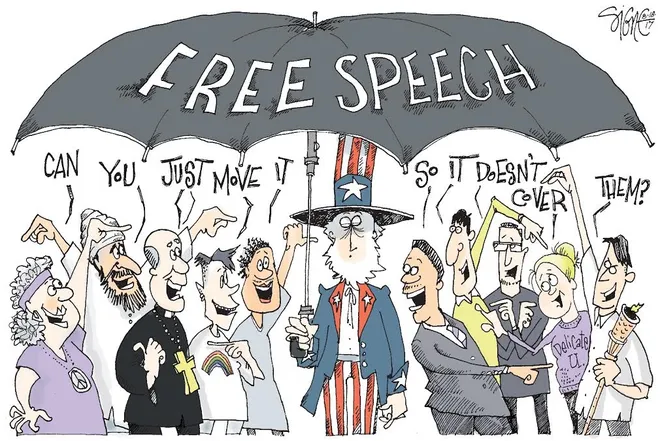January 26, 2024/ 12 a.m.
There are several things that could drive people crazy at a coffee shop: they were given the wrong order, there were no in-door seats, the coffee was not hot enough, and thousands of unpleasing scenarios… But nothing could beat the irritation and frustration brought by the tipping tablet.
According to 2023 research conducted by the Pew Research Center, the majority of adults in the U.S. (72%) believe that tipping is expected in more places today compared to five years ago. Moreover, the same research reveals that the public is more likely to oppose suggested tip amounts (40%) than favor them (24%). Although this is a complex issue that doesn’t have an easy answer, these numbers can represent the attitude of U.S. consumers toward the growing tipping culture.
In case you haven’t heard or found yourself stuck in a similar situation; tipping has become the topic of heated conversations. Some might have noticed being asked for tips more often, with a higher amount than before.
Essentially, tipping is not even a big deal. Contrary to fixed fees such as taxes or customer service fees, consumers can just simply say no if they don’t want to leave a few dollars tip. Gratuity, in most cases, is defined as an optional amount of money and solely depends on the customer’s will.
Nevertheless, most consumers would shrink into frustration when the employee behind the counter flips around the screen and asks you to add on a little bit more (usually 10%).
As a college student who is constantly checking my bank account after every transaction, this familiar situation could be jarring, both financially and emotionally. Different from inflation, which is usually described as a global-scale issue, tipping is often seen as a trivial matter that can make everyone involved uncomfortable.
Whenever I am about to hit the ‘no’ button, there is always a sense of social pressure weighing on my shoulders. It could be either from the employee staring at me behind the counter, or the next customer in line bruising their lips.
While you can simply say no to tips, it does not mean that you should.
Tipping has been internalized to the point of a personal ethical obligation rather than a cultural practice. In most cases, both customers and employees might share the same sentiment: tipping has gone crazier, but this is what some people rely on to get them through the day. Although tipping culture may be frustrating for customers, it plays a significant role in improving employees’ earnings. To many, tipping functions like a fixture in the economy as it keeps prices low, for both consumers and (small) businesses.
While consumers have the right toward their spending, it is crucial to acknowledge the benefits of employees and the roles of employers. As a consumer, I would happily leave a $1 tip for the barista who makes my coffee (but yes, giant capitalist conglomerates like Starbucks should pay their employees more). But everybody could say no if we don’t want to. Maybe the tipping culture would die in the next ten years, or the consumers would have to pay more for those capitalist giants.
The natural inclination of corporations and employees is to make more money while consumers constantly demand lower prices. In the best scenario, I hope that consumers, employees, and employers can meet, happily, somewhere in between.








